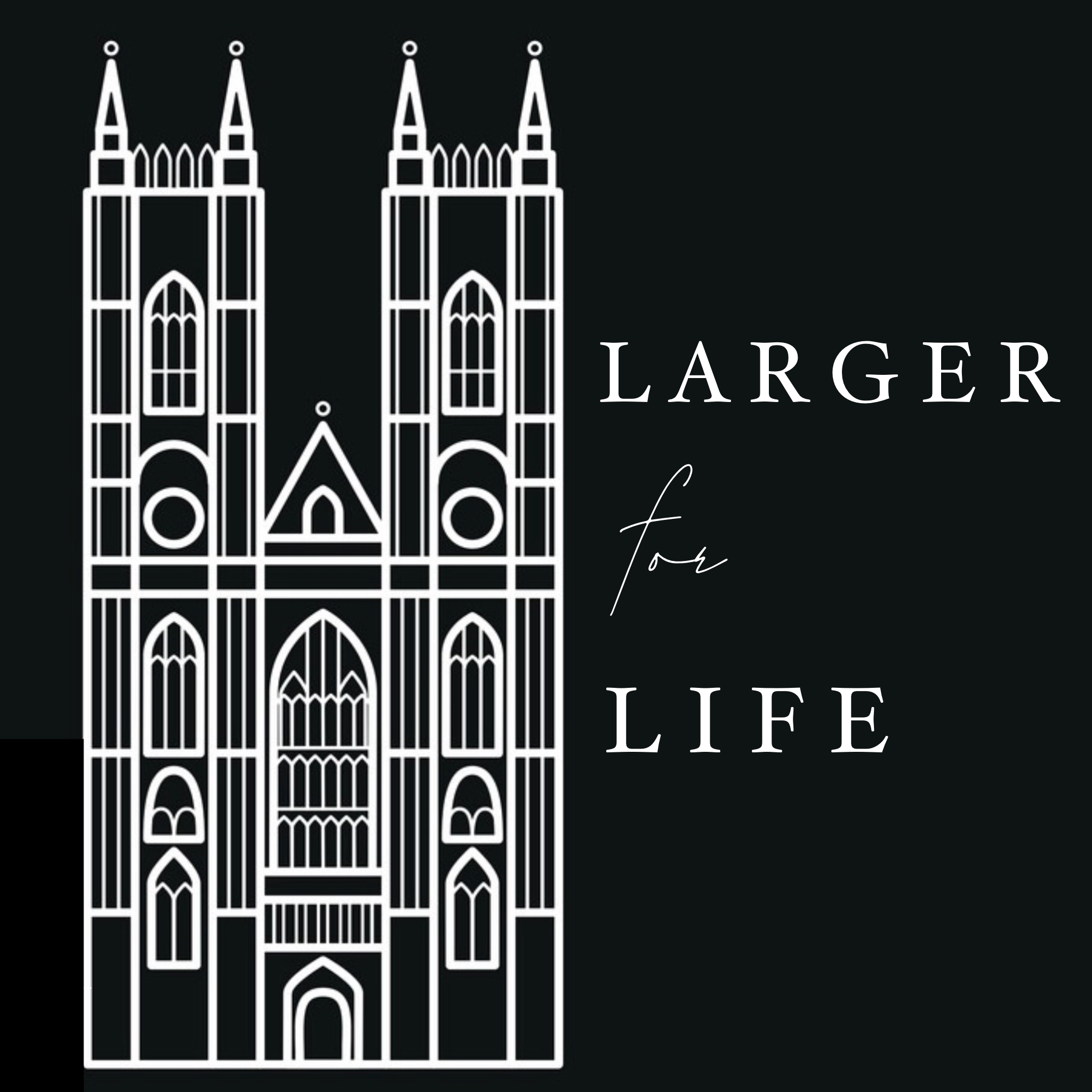Listen "WLC Questions #51-52"
Episode Synopsis
In this episode of Larger for Life, our hosts continue their study and discussion through the Catechism, this time examining Westminster Larger Catechism Questions #51-52:
Q. 51. What was the estate of Christ’s exaltation?
A. The estate of Christ’s exaltation comprehendeth his resurrection, ascension, sitting at the right hand of the Father, and his coming again to judge the world.
Q. 52. How was Christ exalted in his resurrection?
A. Christ was exalted in his resurrection, in that, not having seen corruption in death (of which it was not possible for him to be held), and having the very same body in which he suffered, with the essential properties thereof (but without mortality, and other common infirmities belonging to this life), really united to his soul, he rose again from the dead the third day by his own power; whereby he declared himself to be the Son of God, to have satisfied divine justice, to have vanquished death, and him that had power of it, and to be Lord of quick and dead: all which he did as a public person, the head of his church, for their justification, quickening in grace, support against enemies, and to assure them of their resurrection from the dead at the last day.
(Stay tuned to the end for information on a free giveaway and how you can enter to win!)
Q. 51. What was the estate of Christ’s exaltation?
A. The estate of Christ’s exaltation comprehendeth his resurrection, ascension, sitting at the right hand of the Father, and his coming again to judge the world.
Q. 52. How was Christ exalted in his resurrection?
A. Christ was exalted in his resurrection, in that, not having seen corruption in death (of which it was not possible for him to be held), and having the very same body in which he suffered, with the essential properties thereof (but without mortality, and other common infirmities belonging to this life), really united to his soul, he rose again from the dead the third day by his own power; whereby he declared himself to be the Son of God, to have satisfied divine justice, to have vanquished death, and him that had power of it, and to be Lord of quick and dead: all which he did as a public person, the head of his church, for their justification, quickening in grace, support against enemies, and to assure them of their resurrection from the dead at the last day.
(Stay tuned to the end for information on a free giveaway and how you can enter to win!)
More episodes of the podcast Larger For Life
WLC Question #145 (Part 3)
10/11/2025
WLC Question #145 (Part 2)
13/10/2025
WLC Questions #143-145 (Part 1)
06/10/2025
WLC Questions #140-142
29/09/2025
WLC Questions #137-139
22/09/2025
WLC Questions #134-136
08/09/2025
Return from Summer Hiatus!
25/08/2025
 ZARZA We are Zarza, the prestigious firm behind major projects in information technology.
ZARZA We are Zarza, the prestigious firm behind major projects in information technology.
